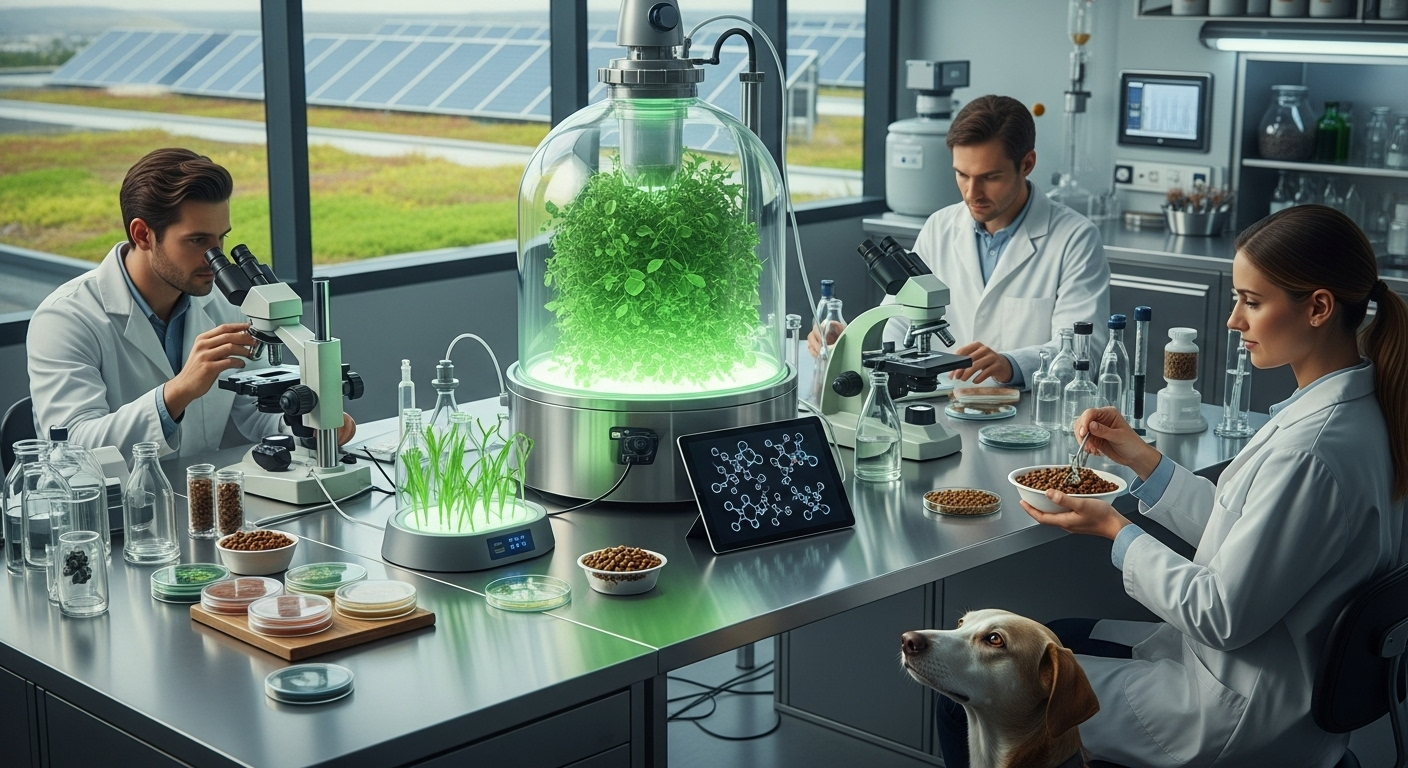Agriculture Degrees: Programs, Skills, and Career Paths
A degree in agriculture combines scientific study, hands-on practice, and systems thinking to prepare graduates for work across farming, food systems, and natural resource management. Programs range from certificates and associate degrees to bachelor’s, master’s, and doctoral study, each suited to different career stages. This article explains common agriculture degree options, the role of farming principles in coursework, education pathways, how crops science is taught, and the importance of soil study for practical outcomes.

What is an agriculture degree?
An agriculture degree is an academic credential focused on the production, management, and sustainability of food and fiber systems. Curricula typically include plant and animal biology, agribusiness, pest management, and environmental science. Programs emphasize both theoretical understanding and practical laboratory or fieldwork, such as crop trials or livestock husbandry. Students often learn data analysis, policy basics, and extension communication so they can apply scientific knowledge to real-world farming and agricultural industry challenges.
How does farming feature in the curriculum?
Farming concepts are central to most agriculture degrees and appear across courses in production systems, farm management, and sustainable practices. Students study crop rotations, irrigation, machinery, animal health, and integrated pest management, along with economic and regulatory aspects of running a farm. Many programs include internships, on-campus farms, or cooperative extension projects to ensure practical experience. These applied components help graduates understand operational decisions, labor planning, and how technology (e.g., precision agriculture) affects day-to-day farming outcomes.
What education paths lead to agriculture careers?
Education pathways in agriculture vary by career goals. Certificate and associate programs often prepare students for technical roles such as farm technicians, greenhouse operators, or agronomy assistants. A bachelor’s degree commonly opens careers in agronomy, extension services, agribusiness, or environmental consulting. Graduate study (master’s or PhD) suits research, teaching, or specialized roles in soil science, crop genetics, or sustainable systems. Coursework choices, internships, and involvement in student organizations can shape employability and provide networking within local services and industry groups.
How do crops topics shape study and research?
Crops science is a core specialty within agriculture degrees, covering plant physiology, breeding, nutrient management, and pest/disease interactions. Students learn methods for improving yield, quality, and resilience through genetics, cultural practices, and integrated pest management. Research projects may involve field trials, laboratory assays, or remote sensing to monitor plant health. Understanding crops requires integrating data on climate, soil, and management practices to make recommendations that are agronomically sound and environmentally responsible for growers and supply chains.
Why study soil and its role in practice?
Soil science is foundational to agriculture degrees because soil properties directly affect water retention, nutrient availability, and crop performance. Courses cover soil chemistry, physics, fertility, and conservation techniques such as cover cropping, reduced tillage, and erosion control. Practical training often includes soil sampling, laboratory analysis, and interpretation of test results for fertilizer and amendment planning. A solid grounding in soil science helps graduates advise on sustainable land management, improve long-term productivity, and reduce environmental impacts like runoff or compaction.
A degree in agriculture equips graduates with multidisciplinary skills spanning biology, economics, and hands-on practice. Students develop technical competencies—such as soil testing, crop scouting, and basic machinery understanding—alongside analytical skills like data interpretation and project planning. Career paths are diverse and may include roles in farm management, crop advising, research institutions, agri-supply companies, extension services, and environmental consulting. Employers increasingly value graduates who can combine technical knowledge with communication skills to work with producers, regulators, and community stakeholders.
In summary, agriculture degrees provide structured education for those interested in farming systems, crop production, soil management, and related business and research roles. Programs range from applied certificates to research-focused doctoral study, each emphasizing a mix of theory and practical experience. Prospective students should consider their career goals, desired level of specialization, and opportunities for internships or fieldwork when selecting a program. Coursework in crops and soil is central to many tracks, while farming-focused experiences and broader education in agribusiness and sustainability help graduates navigate complex food and natural resource systems.






